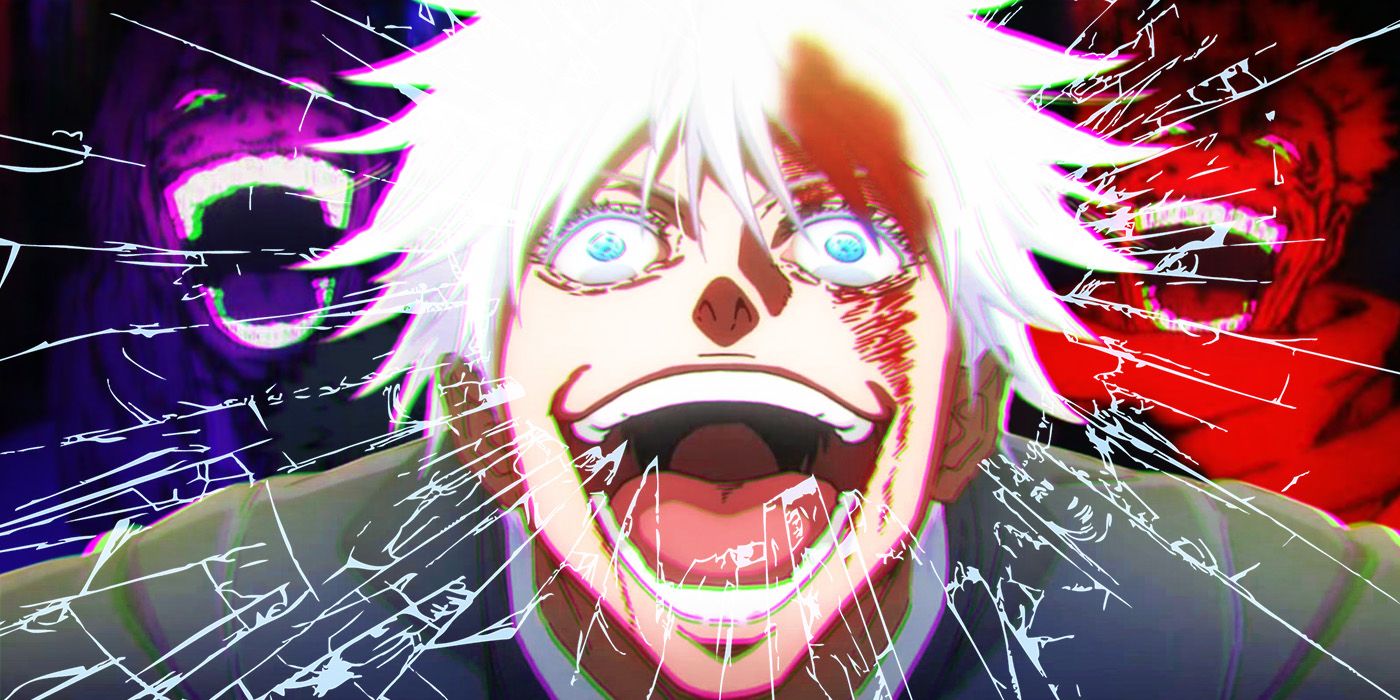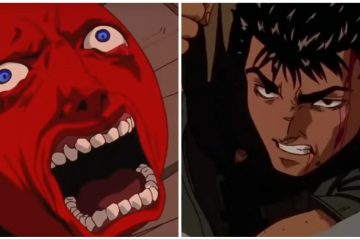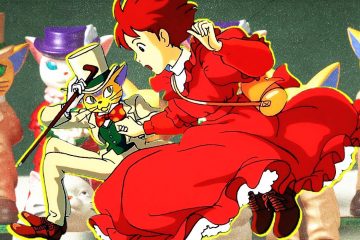A recent survey finds that a shocking proportion of workers involved in creating anime have developed mental health illnesses.NHK reported on a survey by the Japan Animator and Director Association, which found that 17% of those involved in anime production currently suffer or have suffered from mental illnesses such as depression. 429 people were consulted with 73 admitting mental struggles; additionally, 291 people (68%) said they felt mentally fatigued and 285 (66%) felt physically fatigued. An anecdote from the report revealed that a female animator from Tokyo would only go home for about 30 minutes a week, bringing “shampoo and towels” so that she could sleep in her studio. “I continue to work as an animator because I find it rewarding,” she added, “but I have seen many people suffering from mental illness up close. I want people to think about how anime producers are treated.”The current desire to satisfy demand means that less qualified people continue to be hired in the industry, meaning senior animators like Nishii must do more work to correct mistakes. Nishii continues to be one of the most outspoken voices in the industry, calling for a skill test to stop production companies from diluting the market with rookie animators and going as far as to say that at this rate, the anime industry will collapse in only a few years.
A recent survey finds that a shocking proportion of workers involved in creating anime have developed mental health illnesses.
NHK reported on a survey by the Japan Animator and Director Association, which found that 17% of those involved in anime production currently suffer or have suffered from mental illnesses such as depression. 429 people were consulted with 73 admitting mental struggles; additionally, 291 people (68%) said they felt mentally fatigued and 285 (66%) felt physically fatigued. An anecdote from the report revealed that a female animator from Tokyo would only go home for about 30 minutes a week, bringing “shampoo and towels” so that she could sleep in her studio. “I continue to work as an animator because I find it rewarding,” she added, “but I have seen many people suffering from mental illness up close. I want people to think about how anime producers are treated.”
The current desire to satisfy demand means that less qualified people continue to be hired in the industry, meaning senior animators like Nishii must do more work to correct mistakes. Nishii continues to be one of the most outspoken voices in the industry, calling for a skill test to stop production companies from diluting the market with rookie animators and going as far as to say that at this rate, the anime industry will collapse in only a few years.
#Animator #Home #Minutes #Week #Disturbing #Trends #Anime #Health #Report
Note:- (Not all news on the site expresses the point of view of the site, but we transmit this news automatically and translate it through programmatic technology on the site and not from a human editor. The content is auto-generated from a syndicated feed.))



